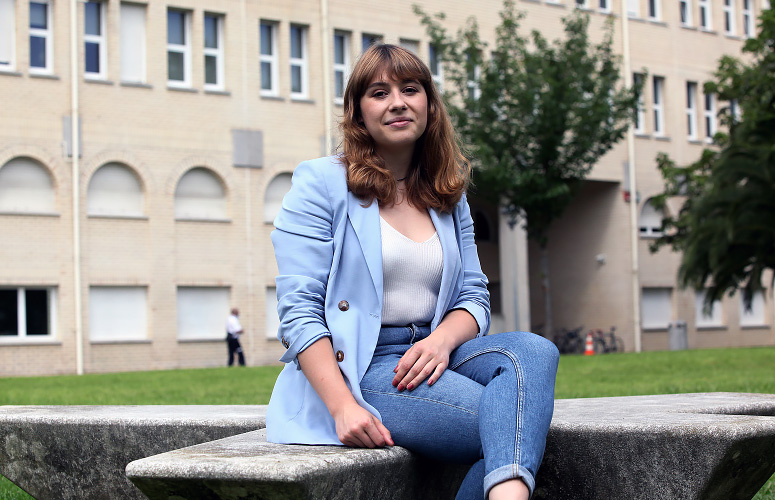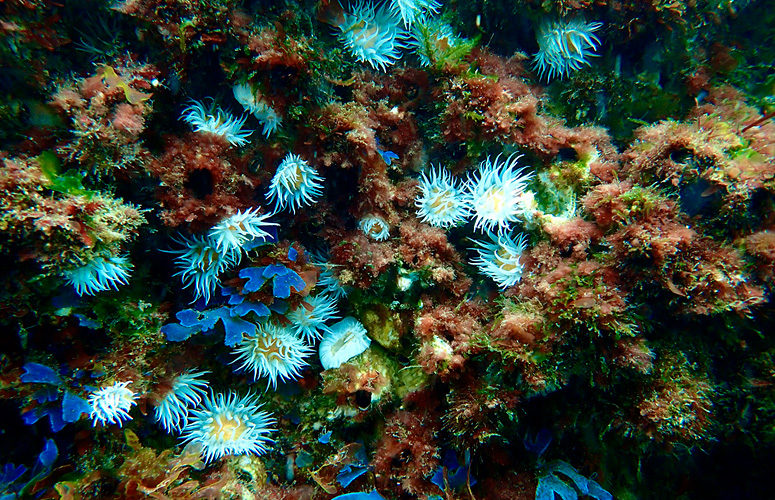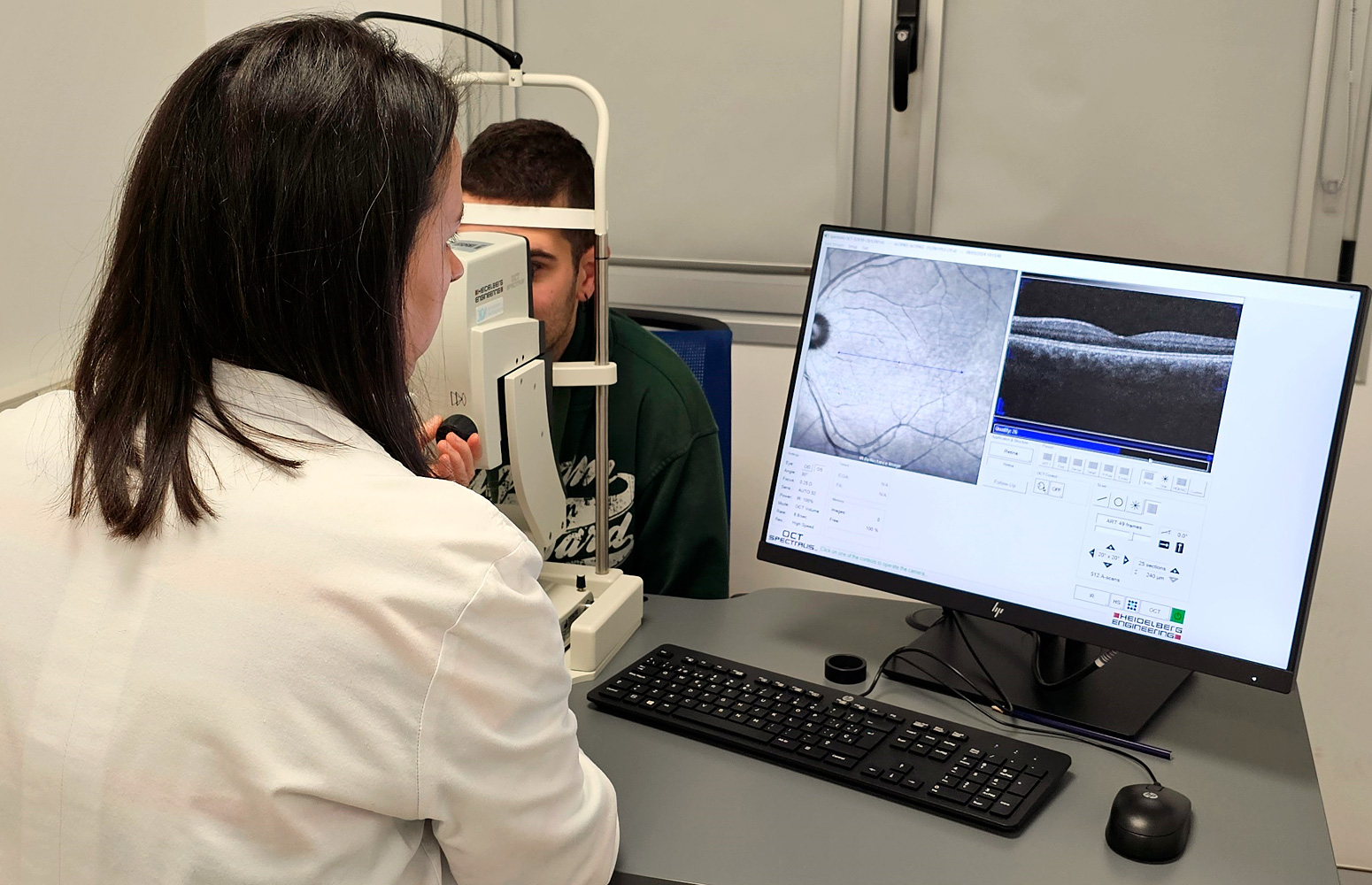Collective emotional intelligence is about the ability of groups to manage emotions. A study by the Faculty of Psychology of the UPV/EHU shows that transformational leaders are capable, through collective emotional intelligence, of transmitting their emotions and promoting a situation of well-being and more pleasant emotions throughout the organisation.
Teams of leaders with high emotional intelligence generate greater well-being in the organisation
A study by the UPV/EHU-University of the Basque Country analyses how emotions impact on the relationship between the management team and their workers.
- Research
First publication date: 21/06/2021

Emotional intelligence is the ability to understand and manage your own emotions and those of the people around you. People with a high degree of emotional intelligence are able to identify the emotions they feel, what they mean and how these emotions can affect other people. This variable is becoming increasingly significant in organisations. However, more and more organisations are working in teams and collective emotional intelligence has not been widely studied until now.
"Collective emotional intelligence refers to the emotional intelligence of a team as a whole. It is a kind of culture or a kind of set of norms that groups have when tackling group emotions. In other words, the ability of a team to pay attention to the feelings of colleagues, to understand the emotions felt by the team and to use positive thinking to repair negative moods," explained Rosa Mindeguia-Petrirena, researcher in the UPV/EHU's Department of Basic Psychological Processes and their Development.
According to Mindeguia, "on many occasions, there are big differences between the behaviour that management teams believe they display and what their workers perceive". So, "in this study we tried to find out which variables are involved in this relationship; in other words, why some managers are certainly perceived as they think they behave, whereas others are not? The study aimed to try and ascertain what effect emotions exert on the relationship between the management team and the workers", added the author of the study.
To do this, "we distributed several questionnaires to gather the point of view of two different groups in an organisation: leaders and employees. Firstly, information was gathered on whether managers listen to their employees, pay attention to them, try to support them... in other words, we measured the transformational leadership style geared towards listening, paying attention and emotionally supporting their workers. We also analysed the collective emotional intelligence of these groups to observe how these groups deal with their own emotions, know how to regulate them, etc.", said the UPV/EHU researcher. Secondly, "we analysed the emotions of the workers under them: the degree of joy, enthusiasm, pride, etc. and also the cohesion between them. Gathering information from two a priori different points of view broadens the vision we have about how an organisation really works and why some are more successful and display greater well-being than others in terms of emotional or affective variables", said Rosa Mindeguia.
“The results of this paper indicate," said Mindeguia, "that teams of leaders with high emotional intelligence are better able to identify the needs of workers, and in turn are more responsive to those needs. They are therefore able to adapt their leadership style to the situations of their workforces. This makes their employees feel more positive, show more enthusiasm, pride, etc. This in turn affects their sense of cohesion with their colleagues.”
Furthermore, "management teams with high emotional intelligence are capable of creating more positive environments; we also observed that these positive environments of the managers are contagious across the company, so a situation of well-being and more pleasant emotions are achieved throughout the organisation. In turn, this is related to workers being more proactive, the fact that there is less stress, more job satisfaction, etc.", concluded the UPV/EHU researcher.
Additional information
The work is part of Rosa Mindeguia-Petrirena's PhD thesis, which was supervised by Aitor Aritzetza and Edurne Martinez. This thesis is part of the Bateratzen research project. The aim of Bateratzen is to transfer to organisations knowledge and tools related to strategic work environments that encourage an increase in worker autonomy. Faculties representing the four universities present in Gipuzkoa (Mondragon Unibertsitatea, Tecnun, Deusto and the UPV/EHU) plus various business organisations are involved in the project.
Bibliographic reference
- Team Emotional Intelligence: Emotional Processes as a Link Between Managers and Workers
- Frontiers in Psychology
- DOI: https://doi.org/10.3389/fpsyg.2021.619999




